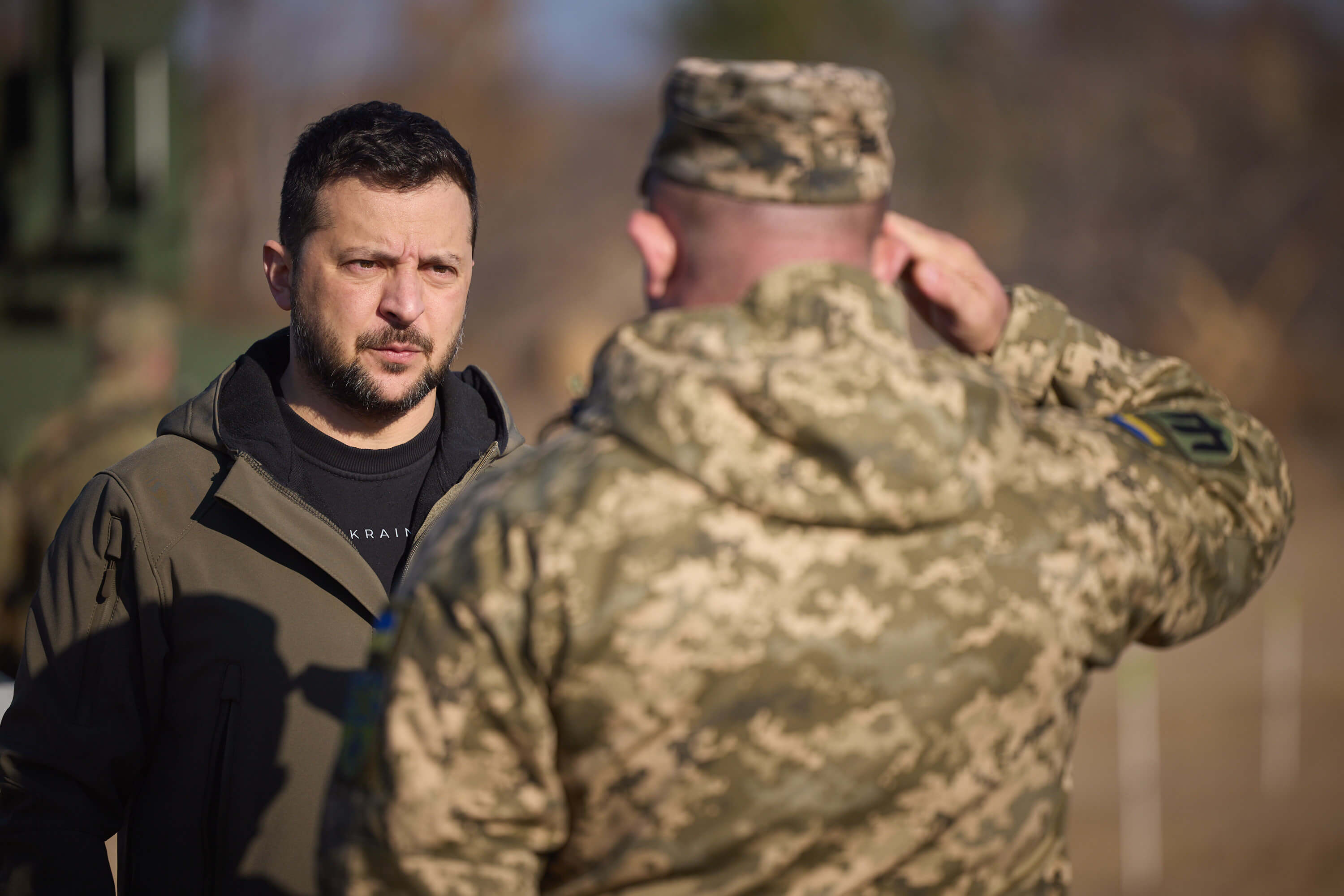Moscow mostly got what it came for to North Macedonia at the annual OSCE ministerial meeting - almost nothing on the international front, but enough for another boost to the domestic war narrative.
Unlike the previous ministerial meeting in Lodz, when Poland denied him entry, Foreign Minister Sergei Lavrov physically attended the OSCE meeting in Skopje last week.
He had the opportunity to speak in front of the heads of diplomacy of the 57-member organisation - at least the few who did not leave the hall in protest at Moscow's policy.
The most significant for Moscow was that Lavrov used the opportunity to call Western ministers, particularly US State Secretary Antony Blinken, "cowards" after the summit because they left the conference before his speech.
Moscow did not want diplomacy
Moscow's ambition was not to engage in diplomacy at the OSCE annual meeting, even though it had an opportunity. The objective was to refute the difficult fact regarding its political and diplomatic isolation, and therefore, Lavrov’s triumphalism upon his return to the country was understandable.
He was able to travel to North Macedonia, one of the smallest and newest NATO members, not because of the pressure of his government but because of NATO’s benevolence.
By the time he addressed the attendees, the majority had left the hall, as has happened to him and his colleagues on several occasions at multilateral meetings held by the UN and OSCE.
It was also definite that contrary to some expectations in the media, there would be no meeting with Blinken, the chief of US diplomacy. Those expectations had no basis except that the 2 diplomats would find themselves in the same place after a long time.
The Russian diplomatic mission at the OSCE annual meeting focused only on creating a superficial scandal, not on conducting thoughtful diplomacy
That is why the Russian diplomatic mission at the OSCE annual meeting focused only on creating a superficial scandal, not on conducting thoughtful diplomacy. They presented the expected effect to the domestic public as a foreign policy triumph, which was enough for the Kremlin.
There are simply no reasons currently for talks between the US and Russia at the level of foreign ministers.
The positions are no closer than they were on the first day of the Russian aggression against Ukraine almost 2 years ago. Nor are they any closer than the last, incidental, direct conversation between Blinken and Lavrov in New Delhi last March, within the framework of the G20 ministerial meeting.
Blinken said at the time that he told Lavrov that Russia "should end the war of aggression and engage in meaningful diplomacy that could produce a just and durable peace”.
However, he also added that Russia “demonstrated zero interest in engaging, saying there’s nothing to even talk about unless and until Ukraine accepts and I quote ‘the new territorial reality’”.
 Volodymyr Zelensky: There will be an understanding of peace and security in the future only if Russian troops are not on our territory
Volodymyr Zelensky: There will be an understanding of peace and security in the future only if Russian troops are not on our territory
Since last March, nothing qualitative has changed in Russia's policy, which could give rise to expectations that any conversation with the US state secretary would have any purpose and content.
Russia's occasional calls for peace talks do not affect Ukraine or its Western partners because Russia assumes that the results of the aggression so far are legitimate.
A framework for peace agreements still seems unattainable given that both Ukraine and its allies see it only from the moment of complete Russian withdrawal from the occupied parts of Ukraine.
"There will be an understanding of peace and security in the future only if Russian troops are not on our territory”, Volodymyr Zelensky, Ukrainian President, repeated last week.
Fatigue over the war in Ukraine suits Moscow
However, fatigue regarding the Western allies' support of Ukraine, and particularly Israel's war against Hamas, increased the advocacy of peace talks between Russia and Ukraine as soon as possible and a ceasefire that would make those talks possible.
Such a trend suits Russia's expectations. Prolonging the conflict would exhaust Western support for Kyiv and initiate pressure to start peace negotiations as soon as possible, even at the price of compromising with the war results of the Russian invasion.
The model of US-China thawing of relations at the highest level, recently promoted in San Francisco by Presidents Joe Biden and Xi Jinping, is not applicable to US relations with Russia
If such expectations existed, they certainly would have been fuelled by Blinken's meeting with Lavrov during the OSCE ministerial meeting. The decision to allow Lavrov to travel to a NATO member country was a sign of a slight yielding of the West towards Russia, which Moscow took advantage of.
The model of US-China thawing of relations at the highest level, recently promoted in San Francisco by Presidents Joe Biden and Xi Jinping, is not applicable to US relations with Russia.
Due to the aggression against Ukraine, the positions are so far apart, with almost no points of contact, that a prerequisite for any dialogue longer than a standing 10-minute meeting, as was the case in New Delhi, would have to be a significant shift in Russia's position - either a military withdrawal from Ukraine or renouncing the occupied territories.